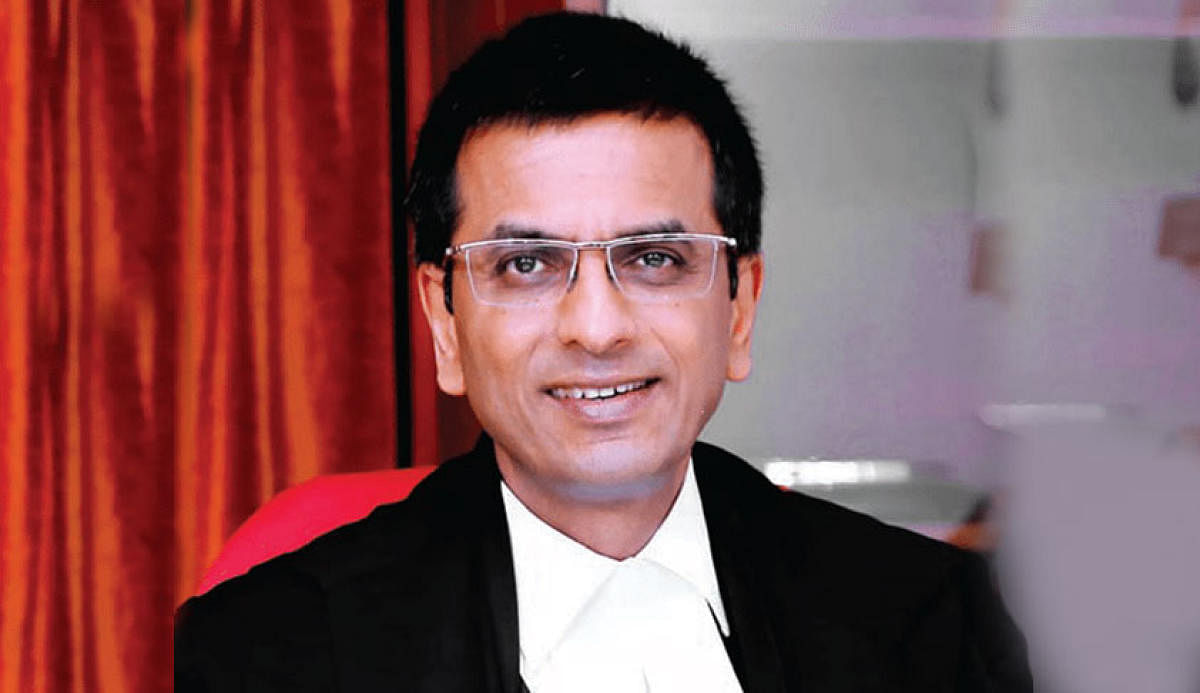
Justice D Y Chandrachud on Friday said that religion cannot become a cover to exclude or deny the right of any woman to find fulfillment in worship.
He held the right of a religious denomination to manage its own affairs cannot be exercised in isolation from Part III (fundamental rights) of the Constitution.
“The primacy of the individual is the thread that runs on the guarantee of rights. In being located in Part III of the Constitution, the exercise of denominational rights cannot override and render meaningless constitutional protections, which are informed by the overarching values of a liberal Constitution,” he said.
In his agreement to the majority view of the five-judge bench, Justice Chandrachud declared that the notifications issued on October 21, 1955, and November 27, 1956, by the Devaswom Board, prohibiting the entry of women between the ages of 10 and 50, are ultra vires of Section 3 of the Kerala Hindu Places of Public Worship (Authorisation of Entry) Act 1965 and otherwise also unconstitutional.
He said a claim for the exclusion of women from religious worship, even if it is founded in religious text, is subordinate to the constitutional values of liberty, dignity and equality. And that, exclusionary practices are contrary to constitutional morality.
In his 165-page judgement allowing entry of women of all ages to Sabarimala temple, he said the equal participation of women in worship inheres in the constitutional vision of a just social order.
“An indispensable facet of an equal life is the equal participation of women in all spheres of social activity,” he said.
Justice Chandrachud said the court must decline to grant constitutional legitimacy to practices which derogate from the dignity of women and to their entitlement to an equal citizenship.
He said the social exclusion of women due to their menstrual status, was a form of untouchability, which was an anathema to constitutional values.
The Constitution reflects a guarantee to protect the dignity of all individuals who have faced systematic discrimination, prejudice and social exclusion, he added.
DH News Service
